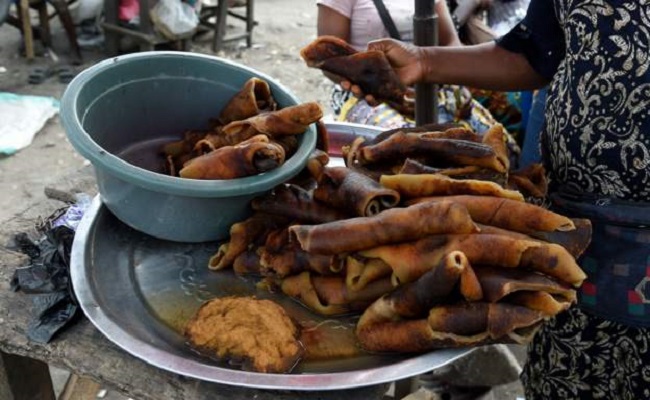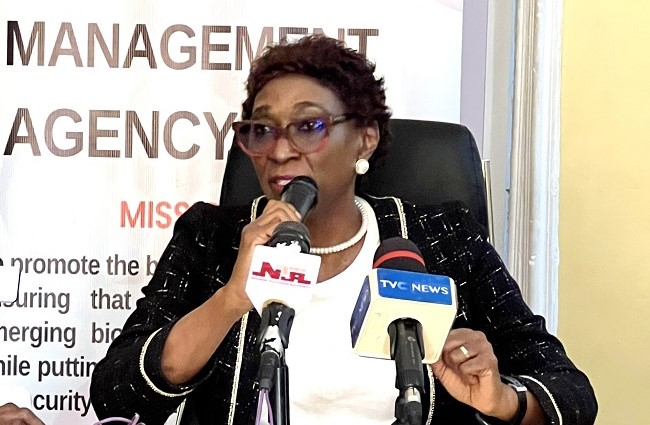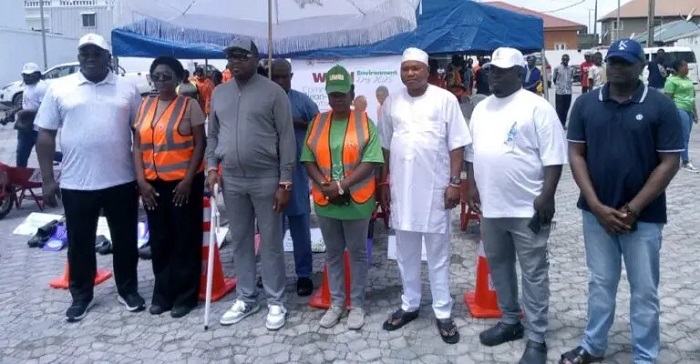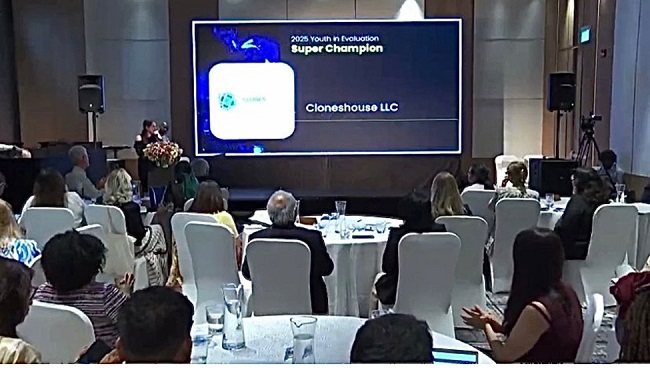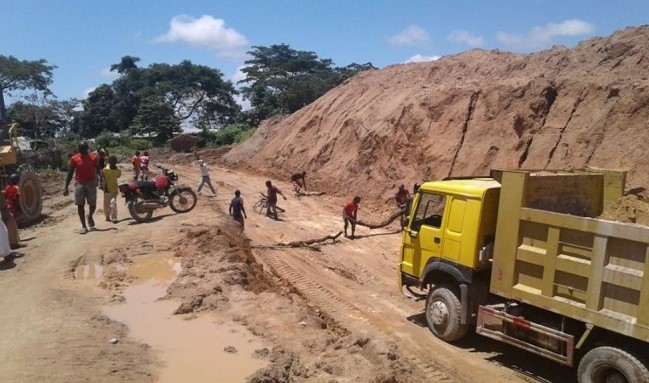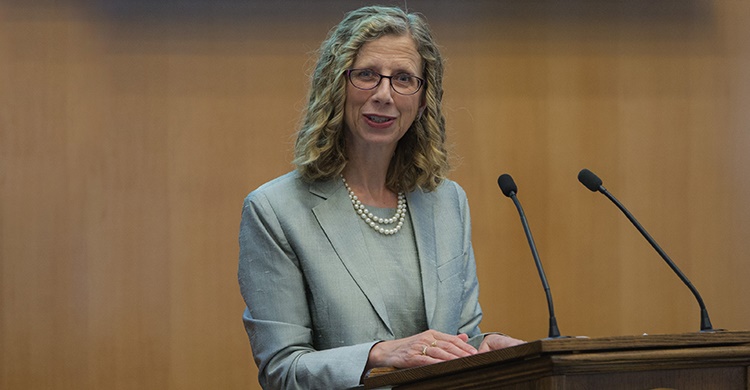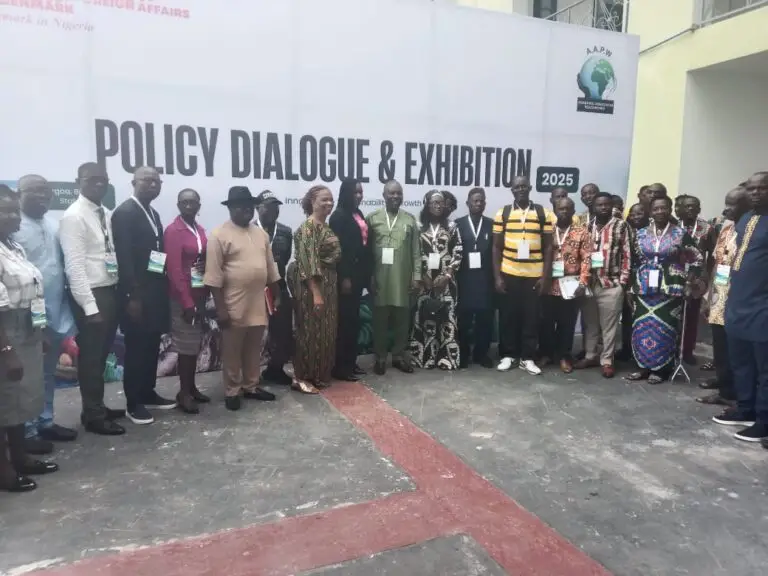The World Health Organisation’s Regional Office for the Eastern Mediterranean on Wednesday, June 4, 2025, launched a new strategy to reduce the burden of cholera across the Region by 2028. The strategy sets out a blueprint for a scaled-up multisectoral approach to tackle the root causes of cholera spread and prevent future outbreaks, aiming to significantly reduce cholera-related morbidity and deaths.

The Cholera Preparedness and Response Strategy for the WHO Eastern Mediterranean Region for 2025-2028 comes at a critical time amid a surge in cases of suspected cholera and acute watery diarrhea in several countries across the Region. So far in 2025, the regional cholera burden accounts for almost 55% of all cholera cases and deaths globally.
“Many countries in our Region have become a breeding ground for cholera due to a dangerous mix of protracted conflict, weak health systems, poverty, displacement, poor water, sanitation, and hygiene systems, low public awareness, and extreme climatic shocks. To protect those most at risk, especially children and displaced populations, and to safeguard public health more broadly, we must address these underlying drivers with sustained commitment and coordinated, collective action,” says Dr Hanan Balkhy, WHO Regional Director for the Eastern Mediterranean.
Sudan is experiencing one of the most severe outbreaks in recent history, with 65,291 cases and 1,721 deaths reported across 12 states as of 26 May 2025; Khartoum State alone has recorded over 7,600 cases and 142 deaths. In Yemen, cholera remains endemic, with over 271 000 suspected cases and 884 deaths reported since March 2024. Syria faces a high risk of resurgence, prompting WHO to initiate a six-month emergency response targeting 850,000 vulnerable people in Aleppo, Lattakia, Al-Hasakeh and Damascus governorates.
The new regional cholera strategy is aligned with the Global Task Force on Cholera Control’s Roadmap to end cholera by 2030, the WHO’s Health Emergencies Preparedness and Response Framework, and the Global Cholera Strategic Preparedness, Readiness and Response Plan.
It outlines concrete actions for countries to strengthen their preparedness and response capacities, focusing on four inter-connected pillars:
- Strengthening multisectoral coordination to unify health, water, sanitation, and emergency actors under a single framework for cholera control.
- Enhancing early warning and detection systems and rapid response mechanisms to detect and contain outbreaks before they escalate.
- Expanding access to high-quality case management to reduce mortality through timely diagnosis and treatment.
- Scaling-up water, sanitation, and hygiene (WASH) services in high-risk and underserved areas, tackling the environmental drivers of cholera transmission.
- Strengthening collaboration in cross-cutting areas such as risk communication and community engagement (RCCE).
The strategy also integrates prevention and response to sexual exploitation, abuse and harassment (PRSEAH), gender mainstreaming equity and inclusion, and operational evidence-based research.
The Implementation of the strategy will be monitored through annual performance reviews, with a mid-term assessment planned to help track progress and adapt the strategy to evolving needs. However, effective implementation will require overcoming challenges, including worsening humanitarian conditions, competing health priorities, chronic underfunding, limited human resources, fragile health infrastructure, and ongoing global shortages of essential cholera supplies, such as vaccines and rehydration therapy treatments.
“Cholera is preventable, treatable, and can be controlled, but only if we act together and without delay,” said Dr. Balkhy. “This strategy is more than a health intervention; it is a call for leadership, solidarity, and sustained investment. Ending cholera in the Eastern Mediterranean, and beyond, is within our reach, but only through coordinated action that addresses systemic inequities and builds resilience where it is needed most. We must not wait for the next deadly outbreak to act.”



